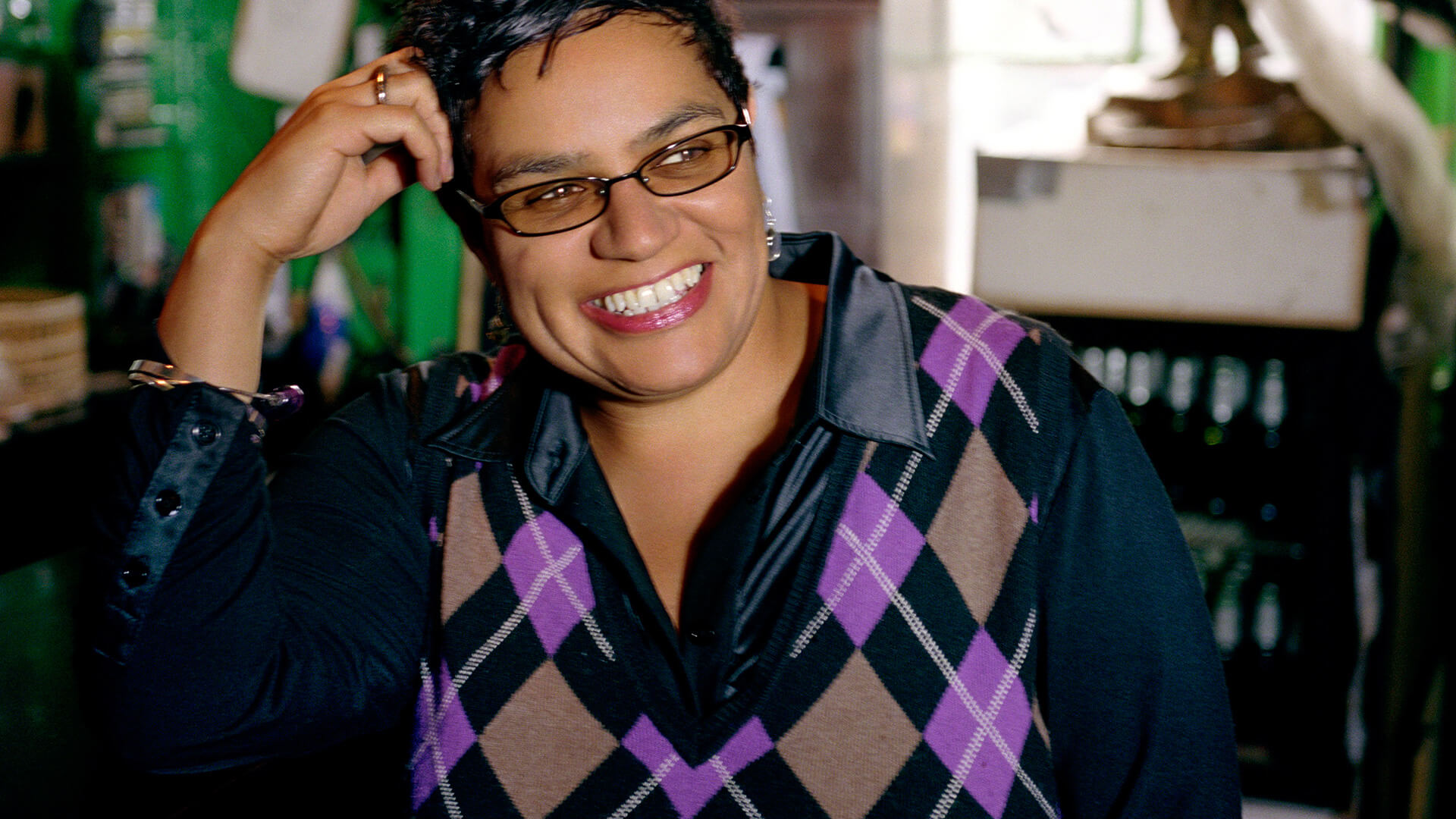You are viewing your 1 free article this month. Login to read more articles.
Great British poetry isn't just written in English
Publishers might find their next big literary hit comes from a so-called minority British language.
Shakespeare ruined poetry. When Early Modern English Literature was still in its infancy, along came the Bard (the Bard), with a jockstrap full of twinkling coinages, making people believe that this was the only language for the art form. It’s enough to leave us scratching the itch of our opinions, wondering what happened to poetry in the other languages of the British Isles?
The reality is that incredible poetry exists in all of the UK’s languages and it’s not beyond the realms of possibility that the world’s next classic will be written in a UK language other than English. Publishers should be alert to the possibility of the next major work of literature coming from a so-called minority language.
The National Poetry Library runs the Endangered Poetry Project, an attempt to collect poems spoken and written in the lesser-known languages of the world. Out of this came the anthology, published by Chambers, Poems from the Edge of Extinction: An Anthology of Poetry in Endangered Languages. This includes 50 poems from around the world, including in each of the UK’s endangered languages; from Gwyneth Lewis’ sexy detective story involving a fictional character’s noirish obsession with translation, to Gearóid Mac Lochlainn’s poem about a poet refusing to do translations at all, with a character skulking in the corner with his red wine as a Famous Seamus takes to the stage.
Publishers often think of the "translation" market as something that takes literature from somewhere far away, translates it into English, and presents it to a readership as their inevitable next read. This might seem all the stranger given that we know classics to come from all kinds of languages, including those that are either no longer spoken or that pushed against the major languages of their day; for example Chaucer and Dante writing outside of the literary dominance of Latin. How, as a publisher, do you know you’re publishing the best literature in the country if you’re only selecting from the ever-growing pinnacles of the English language?
In 2018 the Cornish Language Board claimed that Gwenno’s album Le Kov had contributed to a 15% increase in the number of people taking Cornish-language exams.
Publishers might think about what Robbie Burns and Irvine Welsh have done for literature in their native Scots; sure, there is mutual intelligibility with English, but given that most readers are comfortable with reading translated works these days, the curiosity and imaginations are out there for hidden masterpieces published from Jersey French, say, or Manx, and presented to a wide readership. Jackie Kay’s "Fiere Love Poem", written in Scots, condenses a night of love to an unforgettable ten lines, ending "I love ye tae bits / you reply I love ye to hale". The collection this poem was taken from was shortlisted for both the Costa Book Awards and the Scottish Book of the Year, showing that poetry in endangered languages is becoming far from an obscure secret.
There are publishers who are ahead in this regard; Francis Boutle, for example, who specialise in the "lesser used languages of Europe", publish individual collections and anthologies gathering work in Norman languages, Welsh and Scottish Gaelic, to name a few. As publisher Clive Boutle says: "The subject of lesser-used languages and the popularity of literature in translation is probably the biggest change in publishing over the last 20 years... There is a growing interest in minority and regional languages in the UK."
Publishers only need to look at the music world for signs of this shift; Gwenno was shortlisted for the 2022 Mercury Prize for her album Tresor, the first Cornish-language record to be shortlisted for the prize. If words sung in Cornish can reach so many people, then the potential for literature presented bilingually is huge.
Publishers such as Chambers and Francis Boutle are leading the way in this area, perched for the discovery of a future classic. Walker Books have just released Sam Winston’s One and Everything, a children’s book telling of the ever-growing story, "The One", who eats other stories – and alphabets – that get in its way. Illustrated with over 50 different scripts from around the world, combining watercolour with visual poetry, this book is set to show a whole new generation of western readers that the major language they may speak is one of many, and one that absorbs speakers from minority languages. The magic of the book is Winston’s unique vision that opens our eyes to the "everything" – the other languages – living and past, which tell "The One" what it means to be human. Anyone who cares about languages should give this book to a child over the winter season.
The health of a language can always be measured in its uptake by the young. In 2018 the Cornish Language Board claimed that Gwenno’s album Le Kov had contributed to a 15% increase in the number of people taking Cornish-language exams. The title of her new album, "Tresor", means "Treasure" in Cornish. Not the sceptred isle of a single Bard, but all that is buried in the spoken words of our islands.
















